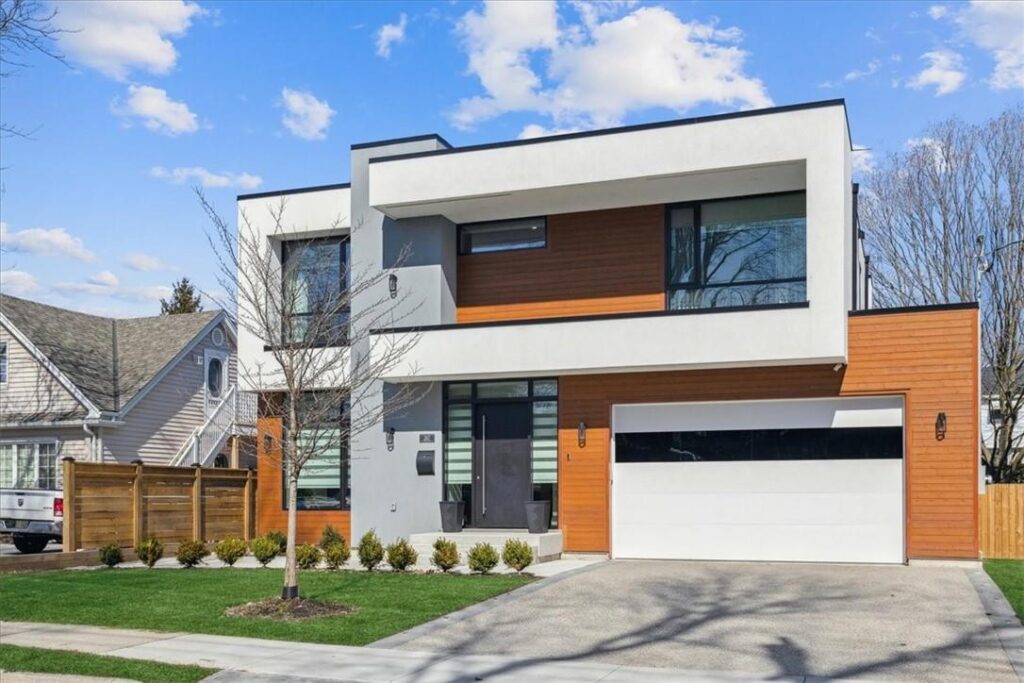When you’re buying a home, “cash to close” is a term you’ll hear often. It refers to the amount of money you’ll need to bring to the closing table to complete the transaction. In this article, we’ll explain what “cash to close” means, how it’s calculated, and why it’s important.
What is “Cash to Close”?
“Cash to close” is the amount of money you’ll need to pay at closing to finalize your mortgage loan. It includes the down payment, closing costs, and any other fees associated with the loan. The total amount will vary depending on the price of the home, the type of loan you’re getting, and the lender you’re working with.
How is “Cash to Close” Calculated?
To calculate the amount, your lender will provide you with a closing disclosure statement. This document will break down all the costs associated with your loan and provide an estimate of the cash you’ll need to bring to closing.
Here are some of the items that may be included in the “cash to close” calculation:
Down Payment: This is the portion of the home’s purchase price that you’re paying upfront. It’s typically a percentage of the purchase price, and the amount will depend on the loan program you’re using.
Closing Costs: These are the fees associated with closing on your home. They can include things like appraisal fees, title insurance, and attorney fees. Closing costs are typically between 2% and 5% of the purchase price.
Prepaid Expenses: These are expenses that you’ll need to pay in advance, such as property taxes and homeowner’s insurance.
Escrow Reserves: Some lenders may require you to set up an escrow account to pay for property taxes and insurance. This will require you to pay a portion of these costs upfront.
Other Fees: There may be other fees associated with your loan, such as application fees or origination fees.
Why is “Cash to Close” Important?
Knowing your amount is important because it will help you plan for the expenses associated with buying a home. You’ll need to make sure you have enough money saved to cover these costs in addition to your down payment. If you don’t have enough cash to close, you may need to consider postponing your purchase or finding ways to reduce your closing costs.
It’s also important to note that the amount can change during the home buying process. Your lender may adjust your closing costs or prepaid expenses based on new information that comes to light. That’s why it’s important to review your closing disclosure statement carefully and ask questions if anything seems unclear.
An important concept to understand when buying a home. It’s the amount of money you’ll need to pay at closing to complete your mortgage loan. By understanding how it’s calculated and why it’s important, you can plan for the expenses associated with buying a home and ensure a smooth closing process. Call Abo Capital today with any questions you have about cash to close or your mortgage in general, our experts are here to help. 35+ Years experience originating mortgages, we’ve helped thousands navigate the mortgage process.


Recent Comments